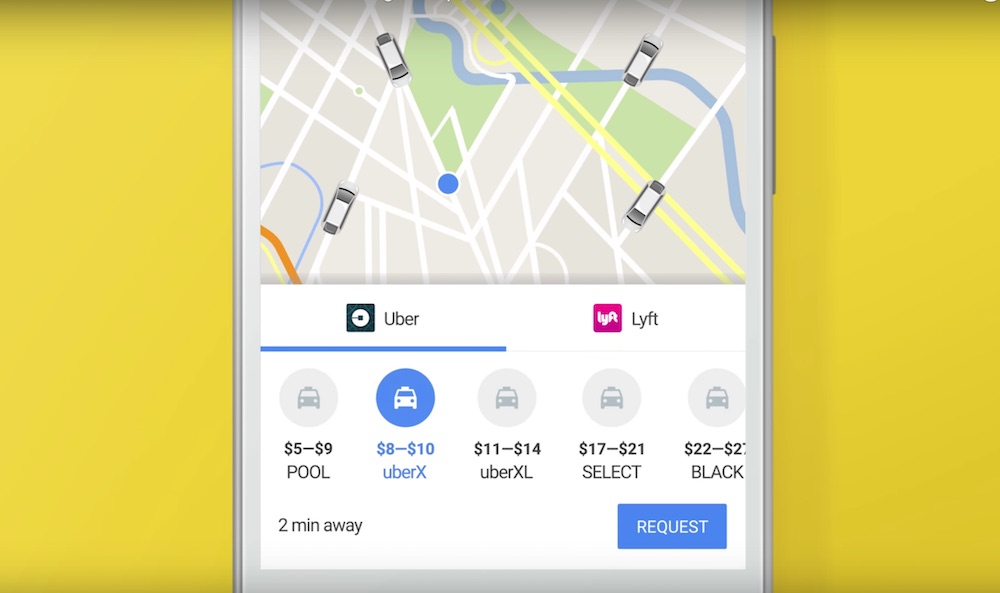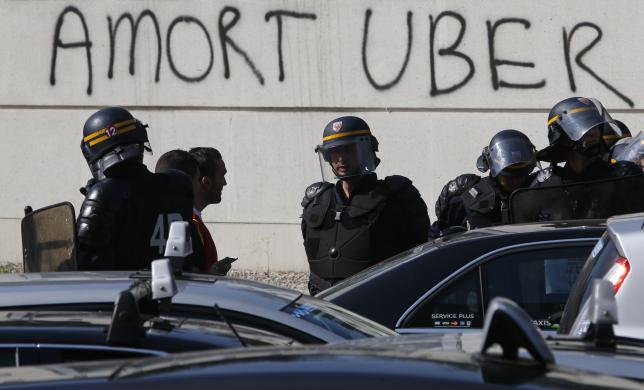Uber has been using a top secret programme to hide its cars and drivers from law enforcement agencies. The revelation comes from former Uber employees who shared internal documents with the New York Times, detailing ‘Greyball’ project was used and deployed.
Government officials would be identified using a multi-layer background check from within the company. This included geo-fencing known government offices and noting down the names of users who frequented those locations. Uber would also conduct checks on credit card information and social media accounts. The most extreme measure included going to electronics stores and taking note of phone numbers tied to cheap burner phones; just in case investigators bought them to circumvent Uber’s internal checks.

Once a person has been flagged, or Greyballed, Uber throws up a fake app for them to see. This could either show a series of fake cars available for rides, or it could show that no rides are available at the time. In either case, it does not show the location of actual Uber drivers.
There is also a contingency in place in the event that a driver accidentally picks up a government officer. In that case, Uber will call the driver and instruct them to end the ride immediately.
Uber, for its part, claims that Greyball was designed to protect its drivers. This is not necessarily from law enforcement where the service is illegal, but rather from individuals who would cause harm. Examples given were the anti-Uber riots that took place in Paris in 2015.

That being said, highers ups in the company understood the usefulness of Greyball and were more than happy to use it. The programme was supposedly deployed in cities that banned the service; including places like Australia, China, and South Korea.
According to the NYT’s sources, around 50 people in the company were aware of the existence of Greyball. The programme was also cleared by Uber’s internal legal team, indicating that it believed there is nothing wrong with it.
To be fair, there is technically nothing preventing a company from doing this sort of thing; and legal experts are still uncertain of its legality. Which is pretty much how Uber likes to work.
[Source: New York Times]
Follow us on Instagram, Facebook, Twitter or Telegram for more updates and breaking news.

